In an increasingly digital world, cybersecurity has never been more critical. As we move into 2024, the threat landscape continues to evolve, making it essential to stay vigilant and proactive about online safety. Here are the top 5 cybersecurity tips to keep you secure in 2024.
1. Use Strong and Unique Passwords
The Importance of Strong Passwords
Your password serves as your primary defense against unauthorized access. A strong password can significantly reduce the risk of cyberattacks, such as brute force attacks and credential stuffing. Weak passwords are easily cracked, putting your personal and professional data at risk.
How to Create Strong Passwords
A strong password should contain at least 12 characters and include a combination of uppercase and lowercase letters, numbers, and special characters. Steer clear of using easily predictable details like birthdays, names, or common words. Instead, create a complex and unique password for each of your accounts.
Using Password Managers
Managing multiple strong passwords can be challenging. This is where password managers come in. They can generate and store complex passwords, ensuring you don’t have to remember each one. Password managers also help in automatically filling in login credentials, making the process both secure and convenient.
2. Enable Two-Factor Authentication (2FA)
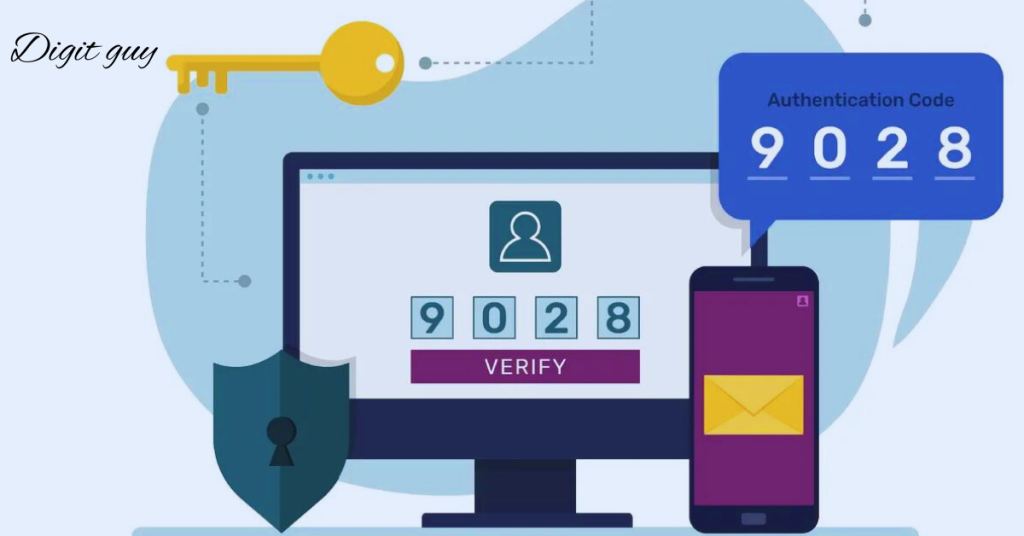
What is Two-Factor Authentication?
Two-factor authentication (2FA) adds an additional level of security to your accounts. It requires not only a password but also a second form of verification, such as a code sent to your phone or a biometric scan. This means even if someone gets hold of your password, they would still need the second factor to gain access.
Types of Two-Factor Authentication
There are various methods of 2FA. SMS-based 2FA sends a verification code to your phone, which you enter along with your password. Authenticator apps like Google Authenticator or Authy generate time-based codes on your phone. Hardware tokens are physical devices that generate authentication codes, adding another level of security.
Benefits of Two-Factor Authentication
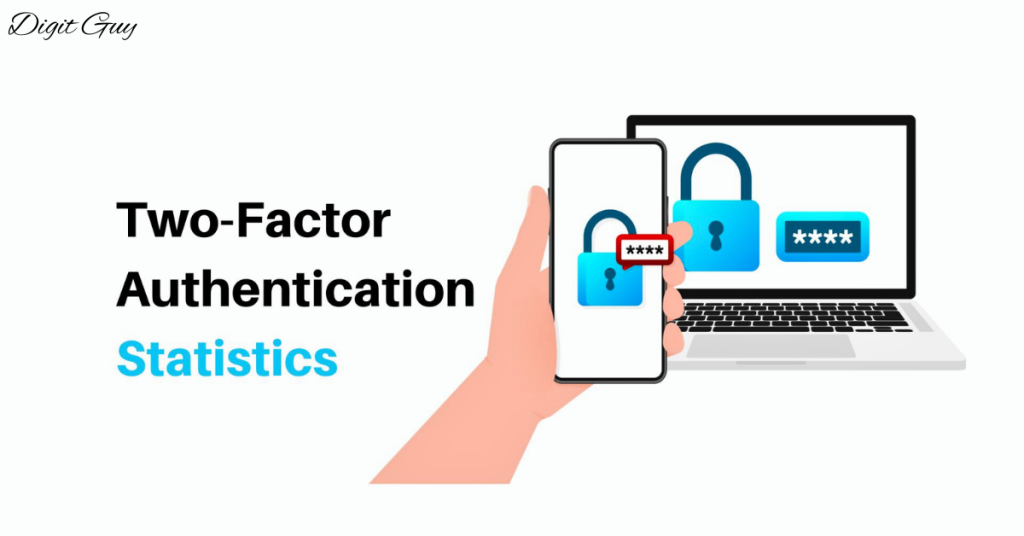
Enabling 2FA on your accounts greatly reduces the risk of unauthorized access. It acts as a significant deterrent to cybercriminals, providing an extra barrier they need to overcome. Make sure to enable 2FA on all your important accounts, including email, social media, and financial services.
3. Keep Your Software and Systems Updated
Importance of Regular Updates
Software updates are crucial for maintaining cybersecurity. They often include patches for security vulnerabilities that cybercriminals can exploit. Outdated software can be an easy target for attacks, making it essential to keep your systems updated.
Automating Updates
Most software and operating systems offer an option to enable automatic updates. This ensures that your software is always up-to-date with the latest security patches. Regularly check for updates on all your devices, including computers, smartphones, and tablets.
Updating All Software
Don’t just focus on your operating system. Make sure to update all software, including web browsers, plugins, and any other applications you use regularly. Cybercriminals often target popular software, so keeping everything updated is crucial.
4. Be Wary of Phishing Scams
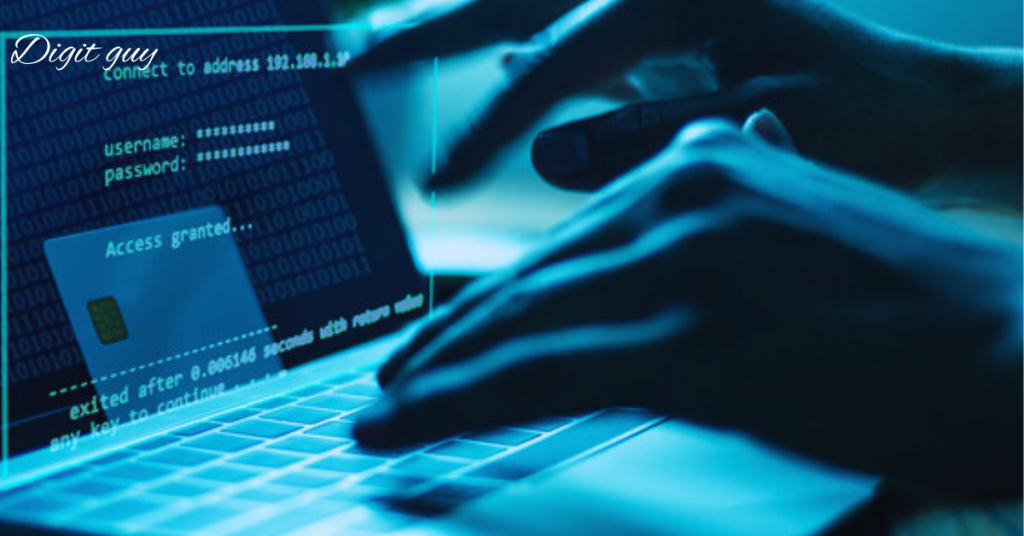
What are Phishing Scams?
Phishing scams are attempts to trick you into revealing personal information, such as passwords or credit card numbers, by pretending to be a trustworthy source. These scams may be delivered via emails, text messages, or even phone calls.
How to Identify Phishing Attempts
Phishing attempts often use urgent or threatening language to get you to act quickly without thinking. Be wary of unsolicited messages that ask for personal information or direct you to click on a link. Check the sender’s email address or phone number carefully for any inconsistencies.
Protecting Yourself from Phishing
To protect yourself, never click on links or download attachments from unknown sources. Use email filters to detect and block potential phishing emails. Additionally, educating yourself and others about the signs of phishing can help reduce the risk of falling victim to these scams.
5. Use a VPN for Secure Connections
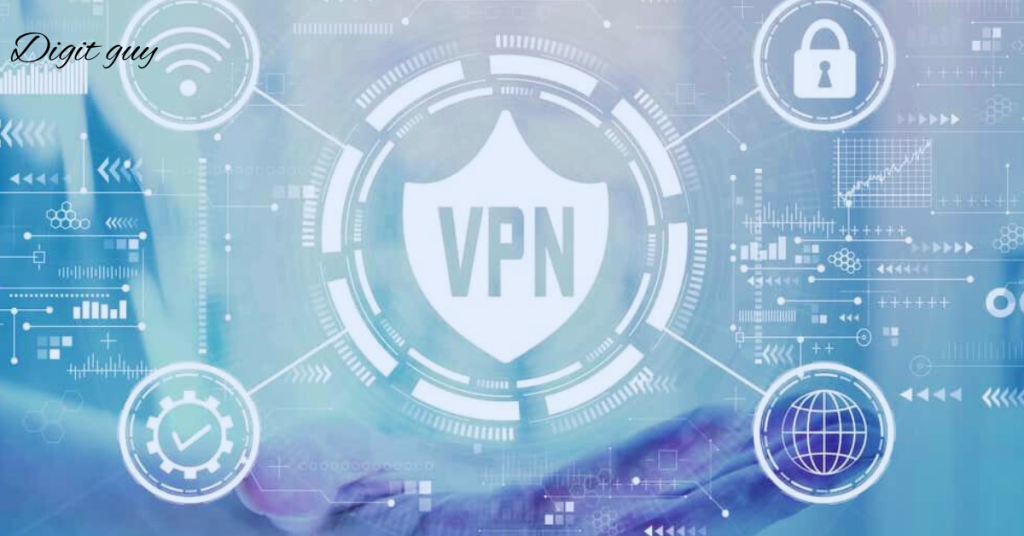
What is a VPN?
A Virtual Private Network (VPN) creates a secure connection over the internet, encrypting your data and masking your IP address. This makes it harder for cybercriminals to intercept your data or track your online activities.
Benefits of Using a VPN
Using a VPN enhances your privacy and security, especially when using public Wi-Fi networks. It protects your data from being intercepted by cybercriminals, providing a safer browsing experience. A VPN also allows you to access geo-restricted content and maintain privacy by masking your IP address.
Choosing the Right VPN
When choosing a VPN, look for one that offers strong encryption, a no-logs policy, and high-speed connections. NordVPN, ExpressVPN, and CyberGhost are among the well-known VPN services. Make sure to use a reputable VPN provider to ensure your data is genuinely protected.
Conclusion
As we move further into 2024, staying vigilant about cybersecurity is crucial. By implementing these top 5 tips—using strong and unique passwords, enabling two-factor authentication, keeping your software and systems updated, being wary of phishing scams, and using a VPN—you can significantly enhance your online safety.
Cyber threats are constantly evolving, but with the right precautions, you can protect yourself and your data from potential attacks. Stay informed, stay secure, and make cybersecurity a priority in your digital life.
Frequently Asked Question
Why are strong and unique passwords important for cybersecurity?
Strong and unique passwords act as the first line of defense against unauthorized access to your online accounts. They make it significantly harder for cybercriminals to guess or crack your passwords, enhancing overall security.
What is two-factor authentication (2FA) and why should I enable it?
Two-factor authentication (2FA) adds an extra layer of security to your accounts by requiring a second form of verification in addition to your password. Enabling 2FA significantly reduces the risk of unauthorized access, even if your password is compromised.
What should I do if I suspect I’ve received a phishing email or message?
If you suspect you’ve received a phishing email or message, do not click on any links or download any attachments. Instead, report the message as spam and delete it immediately. Be cautious of providing any personal information in response to unsolicited messages.
How can a VPN enhance my online security and privacy?
A Virtual Private Network (VPN) encrypts your internet connection, making it more secure and private. By using a VPN, you can protect your data from potential eavesdropping or interception, especially when using public Wi-Fi networks.
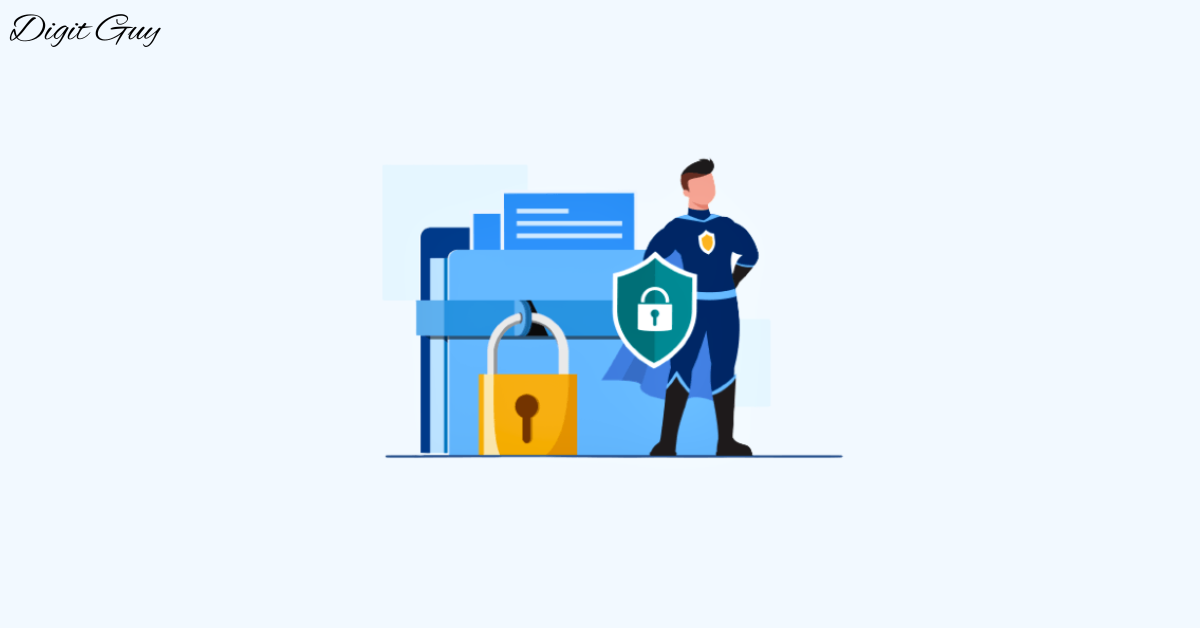
2 thoughts on “Top 5 Cybersecurity Tips for Online Safety in 2024”
Comments are closed.